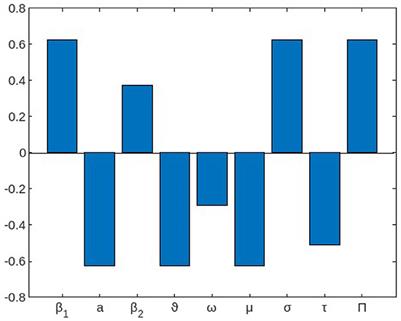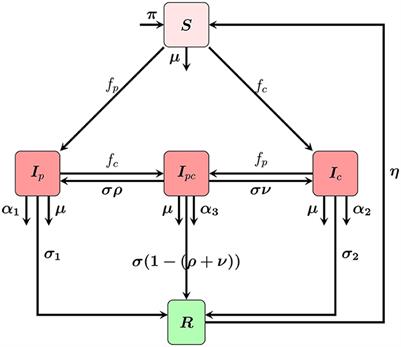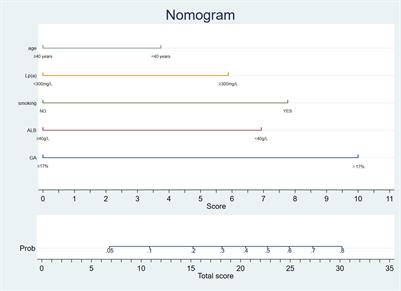EDITORIAL
Published on 09 Dec 2024
Editorial: Mathematical modeling of diseases at population-level and cellular-level
doi 10.3389/fams.2024.1534439
- 1,543 views
2,922
Total downloads
28k
Total views and downloads
You will be redirected to our submission process.
EDITORIAL
Published on 09 Dec 2024
ORIGINAL RESEARCH
Published on 28 Oct 2024

ORIGINAL RESEARCH
Published on 18 Apr 2024

REVIEW
Published on 31 Jan 2024

PERSPECTIVE
Published on 29 Jan 2024
ORIGINAL RESEARCH
Published on 04 Jan 2024

ORIGINAL RESEARCH
Published on 02 Jun 2023

